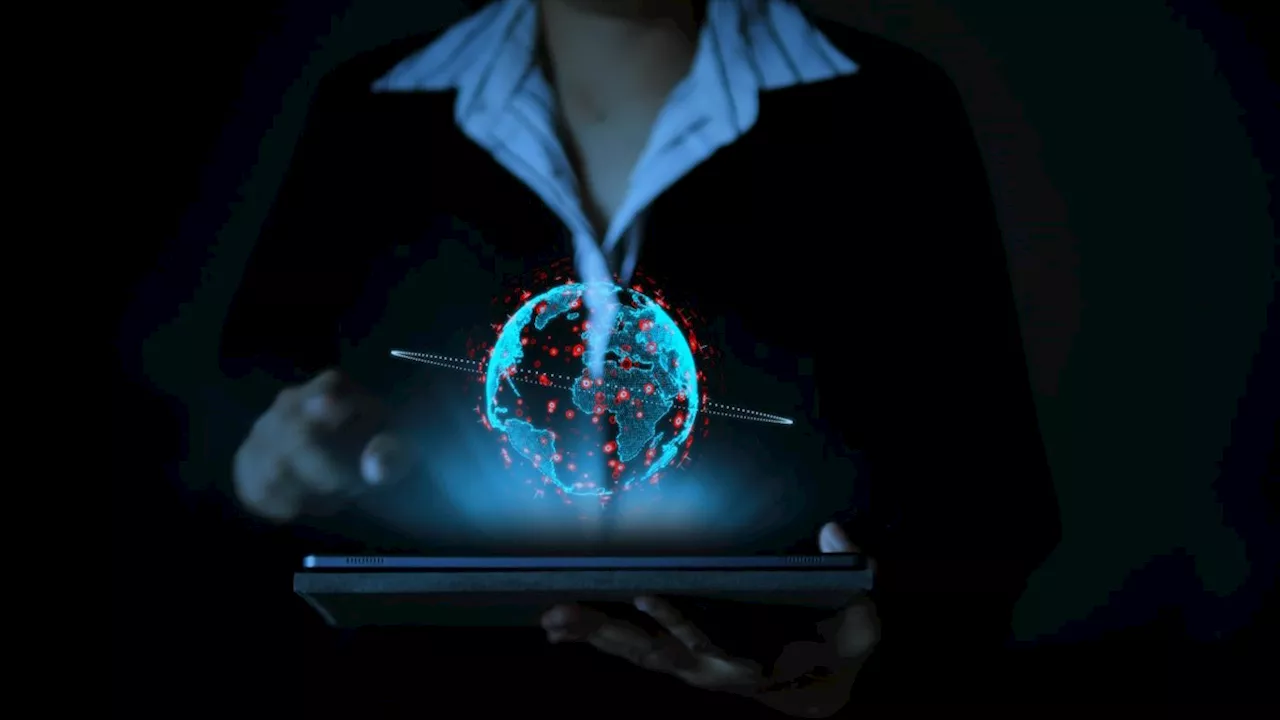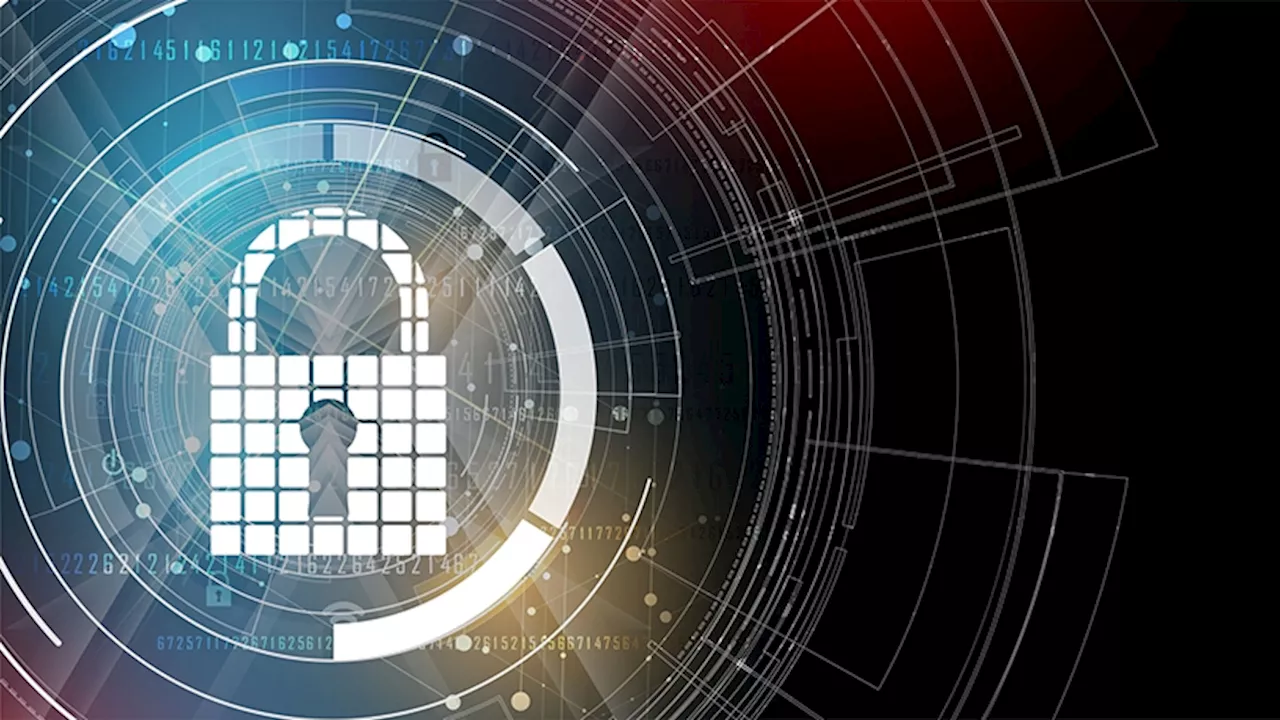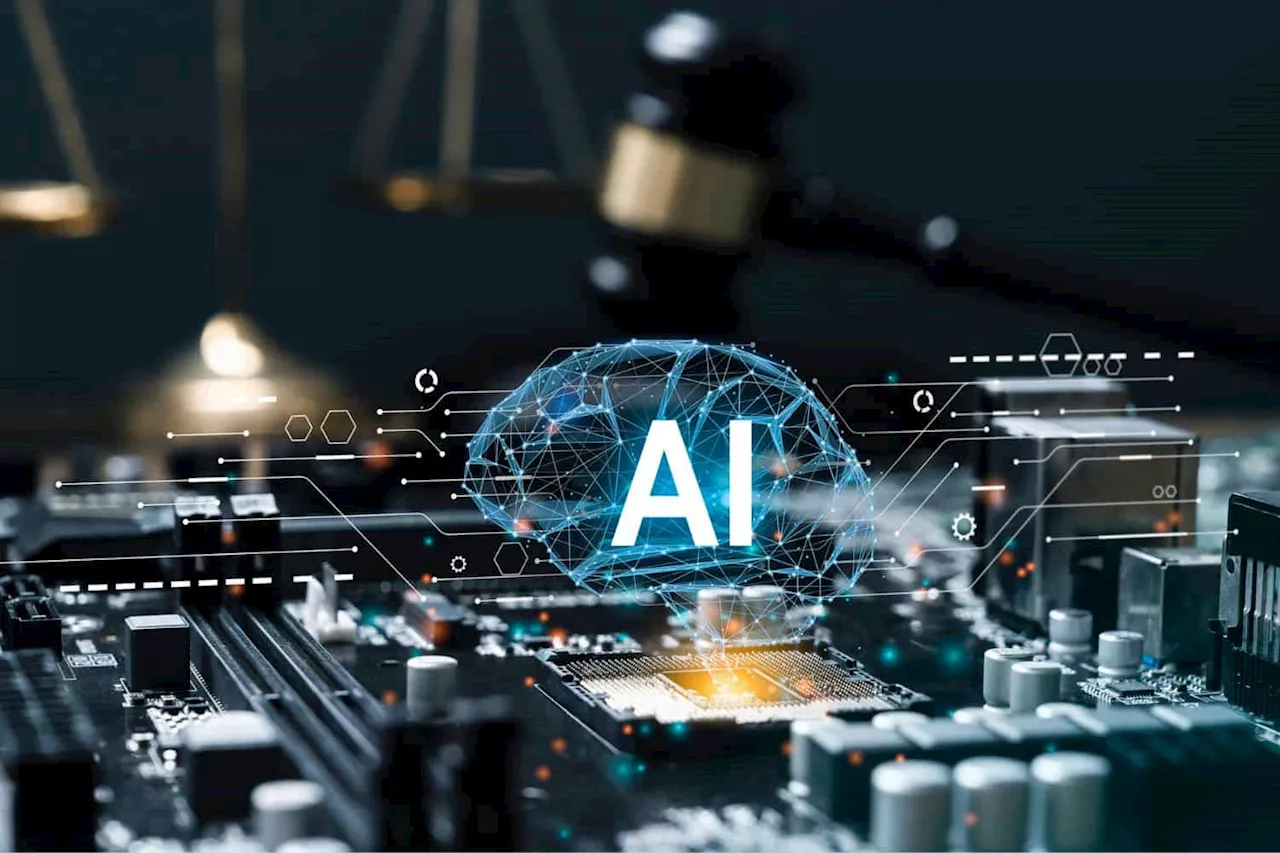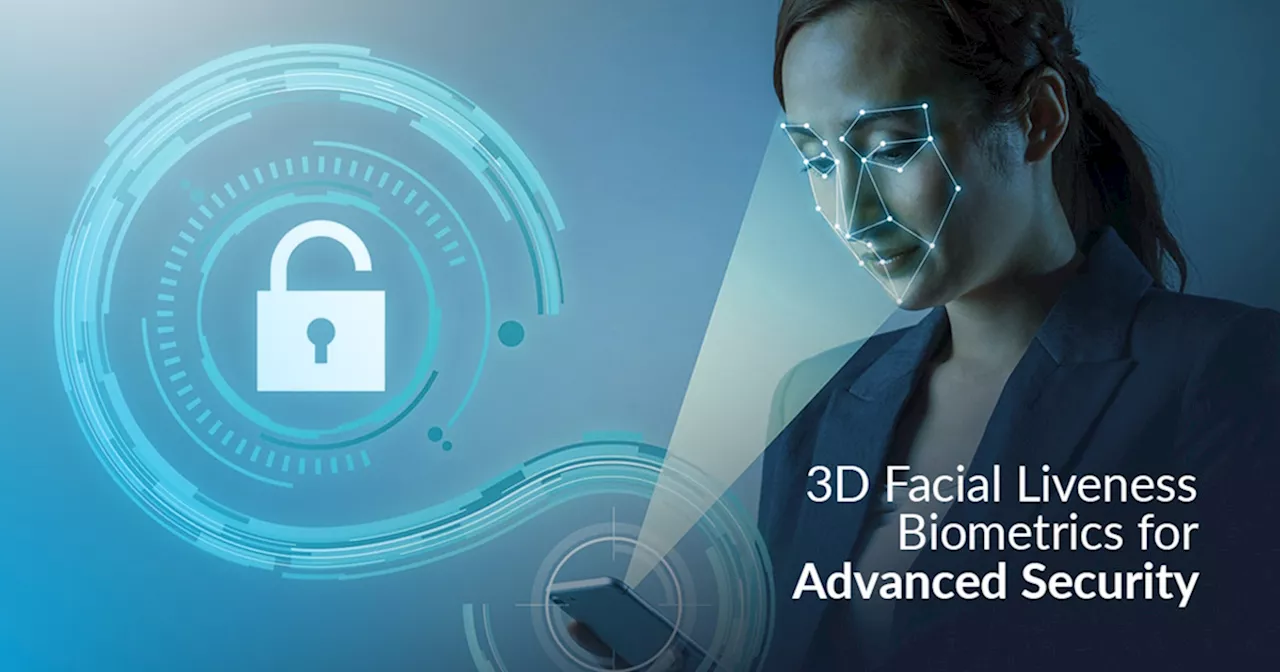This article explores the distinct yet complementary concepts of cybersecurity and cyber resilience, emphasizing their importance in data management and business continuity. It explains how cybersecurity focuses on prevention, while cyber resilience focuses on recovery from attacks.
FinTech The terms cybersecurity and cyberresilience are often used interchangeably, which can be misleading. While they are related, these two concepts serve distinct yet complementary purposes, particularly when viewed from a data management perspective. Both are critical to safeguarding data and ensuring business continuity. At its core, cybersecurity focuses on preventative measures that attempt to stop unauthorised access, breaches, and attacks.
It includes firewalls, antivirus software, strong password policies, and Multi-Factor Authentication (MFA), which are all designed to keep cybercriminals at bay. On the other hand, Cyber Resilience talks about how well an organisation can recover after an attack. Cyber Resilience is not just about preventing breaches, which is not always possible, but about minimising the damage and restoring operations swiftly. Cyber resilience involves strategies for data recovery, damage control, and operational continuity following an incident. In short, cybersecurity aims to block attacks, while cyber resilience ensures that when attacks happen, their impact is minimised, and operations can resume business as usual as quickly as possible. This is why both are critical in an effective and robust data management strategy that not only safeguards business operations but also assists in compliance with various bodies of legislation, such as the Protection of Personal Information Act (POPIA). A solid cybersecurity strategy requires that several core components be incorporated and layered to protect an organisation from a breach as far as possible. Bad actors often gain access to a company’s network through endpoint devices such as laptops, smartphones, or tablets. Ensuring these devices are equipped with endpoint protection, including antivirus and anti-malware software, is essential. Firewalls act as a barrier between a company’s internal network and the external world, helping to block unauthorised access
CYBERSECURITY CYBER RESILIENCE DATA MANAGEMENT BUSINESS CONTINUITY ENDPOINT PROTECTION
South Africa Latest News, South Africa Headlines
Similar News:You can also read news stories similar to this one that we have collected from other news sources.
 Geopolitical and legislative changes drive need for focus on cyber resilienceRecent cyber attacks targeting critical national infrastructure have highlighted the vulnerabilities of SA's institutions to cyber threats, says John Stevenson, senior product marketing manager at Skybox Security.
Geopolitical and legislative changes drive need for focus on cyber resilienceRecent cyber attacks targeting critical national infrastructure have highlighted the vulnerabilities of SA's institutions to cyber threats, says John Stevenson, senior product marketing manager at Skybox Security.
Read more »
 Armata Cyber Security cuts cost of cyber security for micro-organisationsThe Armata managed services solution blends the FortiGate 30G device with hands-on support.
Armata Cyber Security cuts cost of cyber security for micro-organisationsThe Armata managed services solution blends the FortiGate 30G device with hands-on support.
Read more »
Xi Jinping's 2025 New Year Address: Focus on People's Wellbeing and Economic ResilienceChinese President Xi Jinping addresses the nation on New Year's Day, outlining priorities for 2025. The speech emphasizes the government's commitment to improving people's lives and navigating economic challenges.
Read more »
 AI: A Double-Edged Sword in the Cyber WarThe increasing use of AI in cybersecurity presents both opportunities and challenges. While AI can enhance threat detection and response, it can also be exploited by cybercriminals to launch more sophisticated attacks.
AI: A Double-Edged Sword in the Cyber WarThe increasing use of AI in cybersecurity presents both opportunities and challenges. While AI can enhance threat detection and response, it can also be exploited by cybercriminals to launch more sophisticated attacks.
Read more »
 Rwanda Court Cases 2024: Genocide Denial, Financial Fraud, and Cyber Threats2024 saw significant court cases in Rwanda, including landmark rulings against Genocide denial, financial fraud trials, and cases involving cyber threats. French-Cameroonian writer Charles Onana and his publishing director Damien Serieyx were fined for denying the 1994 Genocide against the Tutsi in a Paris court. Businessman Davis Manzi faces charges of money laundering, fraud, and illegal foreign exchange trading for allegedly misleading investors in his online business. Vlogger Jean Bosco Sengabo was charged with spreading false information, defamation, drug abuse, and issuing cyber threats.
Rwanda Court Cases 2024: Genocide Denial, Financial Fraud, and Cyber Threats2024 saw significant court cases in Rwanda, including landmark rulings against Genocide denial, financial fraud trials, and cases involving cyber threats. French-Cameroonian writer Charles Onana and his publishing director Damien Serieyx were fined for denying the 1994 Genocide against the Tutsi in a Paris court. Businessman Davis Manzi faces charges of money laundering, fraud, and illegal foreign exchange trading for allegedly misleading investors in his online business. Vlogger Jean Bosco Sengabo was charged with spreading false information, defamation, drug abuse, and issuing cyber threats.
Read more »
 3D Facial Biometrics with Liveness: The Future of Cyber SecurityRelying solely on passwords, passkeys, or second factors is insufficient for robust cyber security. 3D Facial Biometrics with Liveness ensures genuine user identity by confirming the person holding the device matches the liveness-proven biometric data. FaceTec's software uses advanced 3D face mapping and AI to accurately verify users, preventing unauthorized access and deepfake attacks.
3D Facial Biometrics with Liveness: The Future of Cyber SecurityRelying solely on passwords, passkeys, or second factors is insufficient for robust cyber security. 3D Facial Biometrics with Liveness ensures genuine user identity by confirming the person holding the device matches the liveness-proven biometric data. FaceTec's software uses advanced 3D face mapping and AI to accurately verify users, preventing unauthorized access and deepfake attacks.
Read more »
